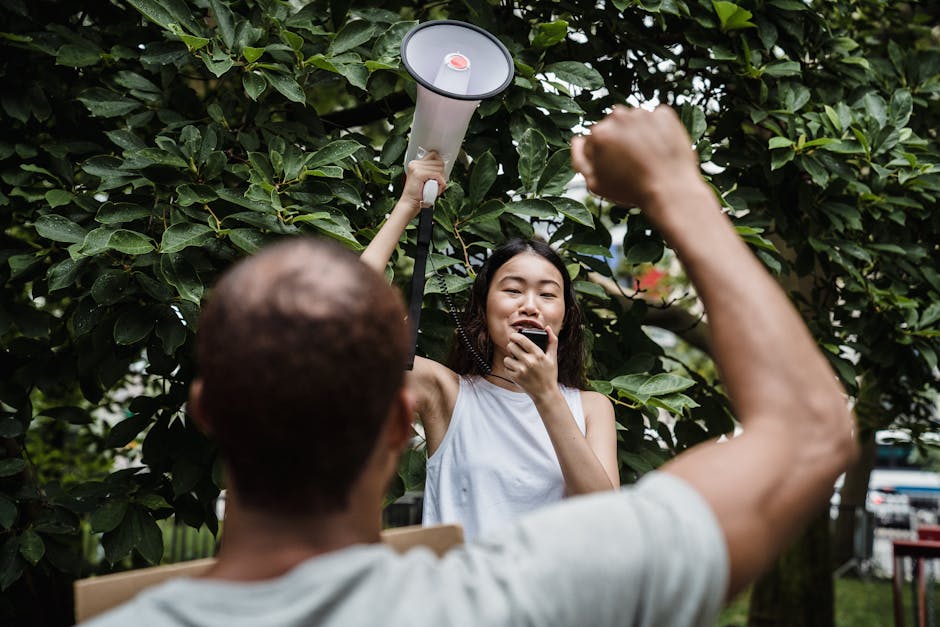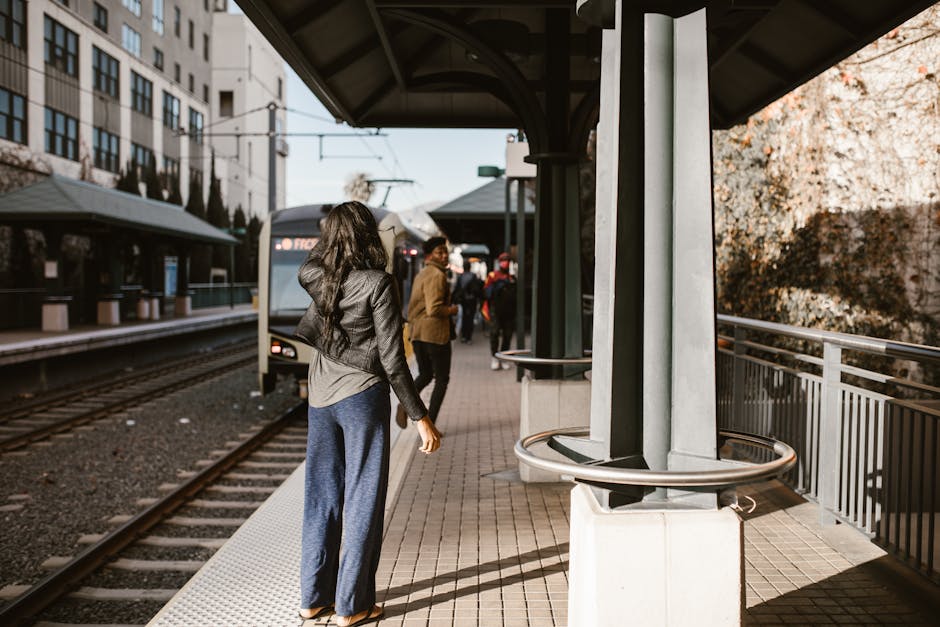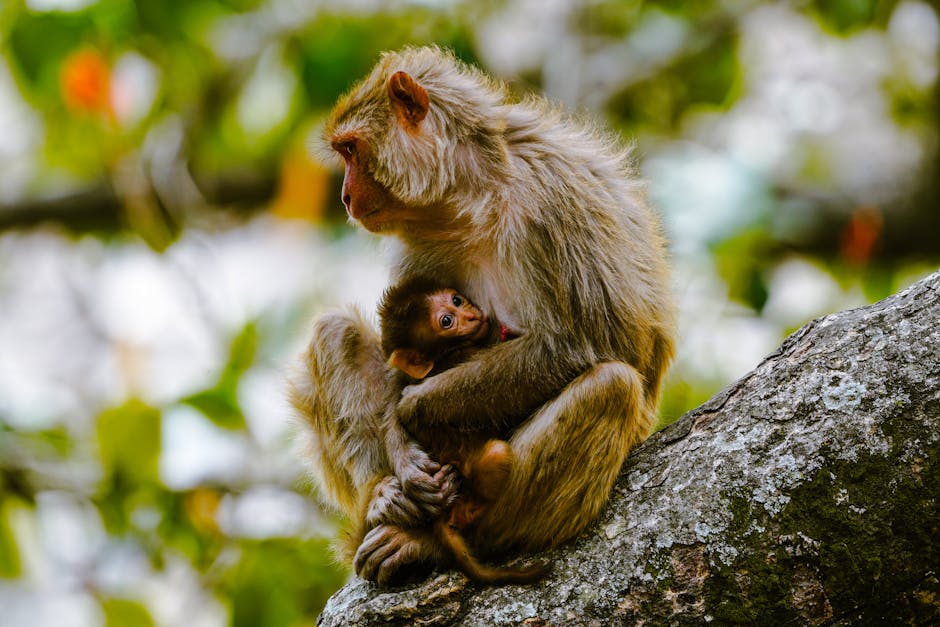BBC Admits Misleading Edit in Trump Speech, Issues Apology
In an unusual step, the British Broadcasting Corporation (BBC) has apologised to former US President Donald Trump for airing an edited clip of his speech that it acknowledges was misleading. However, the broadcaster has firmly dismissed Trump’s demand for financial compensation, calling it “unfounded.”
The dispute arose from a segment broadcast last month featuring an altered version of a Trump campaign speech. The BBC’s edit rearranged his remarks, making it appear as though he made a controversial statement right after calling for unity—a juxtaposition critics said distorted his intent. Trump’s legal team accused the BBC of “deliberate distortion” and demanded both a public apology and monetary damages.
BBC Acknowledges Error but Rejects Compensation
In a statement, the BBC conceded that the edited clip “created a misleading impression” of Trump’s speech. While the individual statements were accurately quoted, the broadcaster admitted the sequencing “did not reflect the full nuance” of his comments.
“We regret the error and any confusion it may have caused,” the BBC said. “We have taken steps to review editing practices more rigorously.”
Despite the apology, the BBC stood firm against Trump’s compensation claim, stating, “There is no basis for financial reparations. Our editorial guidelines were followed, and the error was corrected promptly.”
Trump’s Reaction: A Partial Victory
Trump, who frequently clashes with media outlets, celebrated the apology on Truth Social as a “win against fake news.” However, he criticised the BBC’s refusal to pay compensation, calling it “typical media dishonesty.”
“My words were twisted to push a false narrative,” Trump wrote. “The BBC got caught but won’t take full responsibility.”
Legal experts note that while the BBC’s admission supports Trump’s claims of media bias, pursuing a defamation case in the UK—known for its strict libel laws—would be challenging. “Public figures like Trump face high legal hurdles, especially after a correction,” said media lawyer Priya Khanna.
Media Ethics Under Scrutiny
The incident has reignited debates over journalistic integrity, particularly how selective editing can influence public perception. Critics argue that even minor edits can mislead, while news organisations often defend condensed versions due to time constraints.
“Audiences expect accuracy, not just in quotes but in context,” said media analyst Rajeev Sharma. “This case highlights the fine line between summarising and distorting.”
As a publicly funded broadcaster, the BBC faces intense scrutiny over impartiality. While it has corrected the error, the controversy may deepen scepticism among Trump’s supporters, who have long accused mainstream media of bias.
What Happens Next?
With the BBC refusing compensation, the issue may conclude unless Trump escalates it legally. The apology marks a rare acknowledgment by a major news outlet of missteps in covering Trump.
As the 2024 US election approaches, this incident underscores the media’s power—and responsibility—in shaping political narratives. Whether it leads to lasting editorial changes remains uncertain.
For now, Trump has secured a rare concession from a global media giant, but debates over fair coverage continue.
Stay updated with the latest developments on this story.




